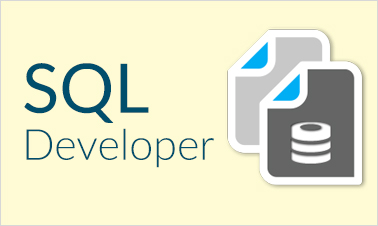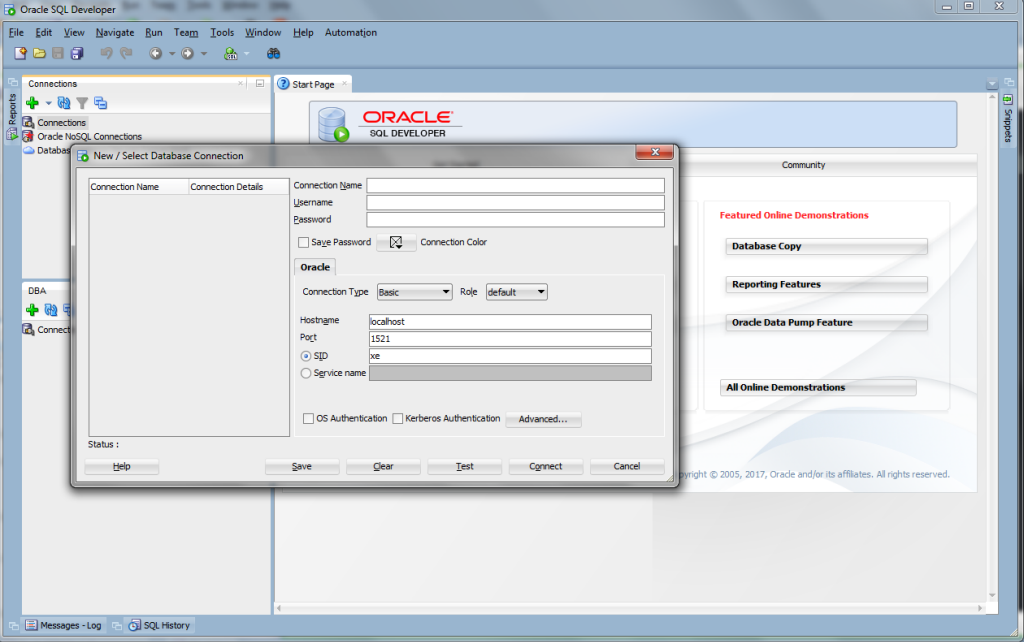


A field with a NULL value is one that has been left blank during record creation. A NULL value is different from a zero value or a field that contains spaces. It doesn’t alter the way it was sorted but it creates a separate object within a table which points back to the original table rows after searching.Ī field with a NULL value is a field with no value. One table can have multiple non clustered index It is slower compared to the Clustered index. It alters the way records are stored in a database as it sorts out rows by the column which is set to be clustered index. One table can only have one clustered index It is used for easy retrieval of data from the database and it is faster. The difference between the clustered and non-clustered index in SQL is as follows: What is the difference between Cluster and Non-Cluster Index? Each table can have many non-clustered indexes. Non-Clustered Index: Non-Clustered Index doesn’t alter the physical order of the table and maintains a logical order of the data. There will be only one clustered index per table.ģ. Clustered Index: Clustered Index reorders the physical order of the table and search based on the key values. It ensures that the values in the index key columns are unique.Ģ. A unique index can be applied automatically when a primary key is defined. Unique Index: Unique Indexes helps maintain data integrity by ensuring that no two rows of data in a table have identical key values. What are all the different types of indexes?ġ. Join Question_Tags as qt on qt.question_id = q.18. Join Questions as q on a2.question_id = q.question_id Join Accepted_Answers as a1 on u.user_id = a1.user_id The (possible) answer (assuming an Accepted_Answers view and a Target_Language_Tags table with the desired tags): select distinct u.user_name Select all stack overflow users that have accepted answers in questions tagged with the 10 most popular programming languages. Select the names of the pilots who can fly every plane in the hangar. Given the following tables, representing pilots that can fly planes and planes in a hangar: create table PilotSkills ( The question comes straigh from this link.

I would ask the difference in results between these three queries: select a.field1Īn interesting question would involve relational division, or how to express a "for all" relationship, which would require nested not exists clauses. If it involved writing reports, I would want to know that they understand aggregates and grouping (As well as Crystal Reports or SSRS or whatever ereporting tool you use). If the job involved imports and exports I would ask questions about SSIS (or other tools involved in doing this used by other datbases). I would give them some cursor examples and ask how they would rewrite them to make them set-based. If you don't understand operating in sets, you can't effectively query a relational database. I would give a badly written query and ask them how they would go about performance tuning it. It would be better to spot the problem and fix your query. Suppose your query is incorrect, and does return duplicates, then including DISTINCT simply hides the problem (again with additional processing).Suppose your query is correct, and does not return any duplicates, then including DISTINCT simply forces the RDBMS to check your result (zero benefit, and a lot of additional processing).Lack in ability to communicate technical issues.Don't understand the problem with the claim.If a candidate is unable to shoot the claim down in flames they either: "Why should every SELECT always include DISTINCT ?"Ī more appropriate question would be: If someone were to make the claim that: "every SELECT always include DISTINCT" how would you comment on the claim? I've placed this answer because Erwin Smout posted a answer that was so wrong it highlighted that there is probably a need to specifically guard against it. Transactions: COMMIT, ROLLBACK, Error Handling.Entity Relationship Diagrams (ERDs), Logical and Physical.Data Modelling: Normal Forms, 1 through 3.Subqueries: IN, EXISTS, and inline views.NULL handling: COALESCE & Native NULL handling.Aggregates Part 2: DISTINCT, GROUP BY, HAVING.Aggregates Part 1: COUNT, SUM, MAX/ MIN.

A reprint of my answer here, as general guidelines for topics.


 0 kommentar(er)
0 kommentar(er)
